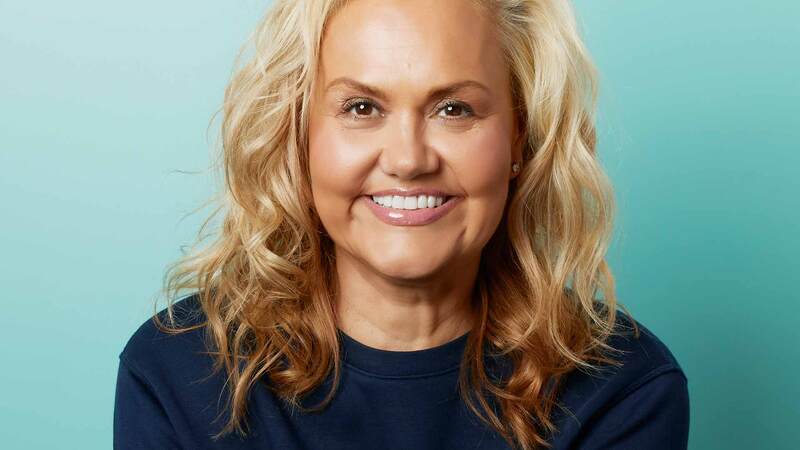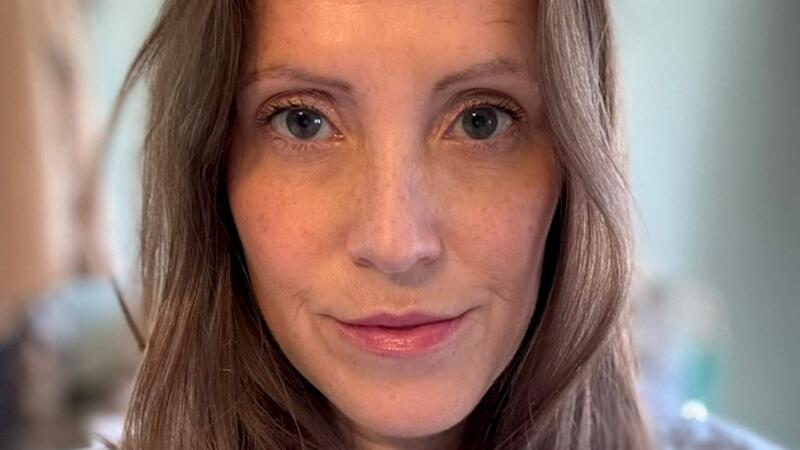You are viewing your 1 free article this month. Login to read more articles.
No Shrinking Violet
NoViolet Bulawayo’s debut novel We Need New Names draws from her own experience living a life of two halves.
Born and raised in Zimbabwe, her childhood consisted of playing under the sun with her tight-knit group of friends – a life away from television, telephones and Western influence. But when she was 18, NoViolet’s family raised enough money for a one-way ticket to America, where she has lived ever since, and has paved a fledgling career as a writer in a culture where, she says, “writing is taken seriously”.
When we meet in London's Langham Hotel, Bulawayo explains that where she is from, writing is not a legitimate profession. “You can’t afford to chase art,” she says. When her family sent her to America it was so she could study to be a lawyer, but instead of law school she attended creative writing school. “There’s a burden of expectation…you have left the country to study abroad so you better do something good – you better be a lawyer or doctor or engineer,” she says. “Not many people have made that sacrifice at the expense of what they really want to do.”
We Need New Names
We Need New Names tells the story of ten-year-old Darling, a resident of the shantytown Paradise. She and her friends talk of Madonna and David Beckham as they pick guavas and sing Lady Gaga at the top of their voices as they break inside the gleaming white villas that the rich people live in. NoViolet admits that her childhood was a lot better than Darling’s, which is set when Zimbabwe started “going bad”.
Darling’s group of friends have their own problems – 11-year-old Chipo is pregnant, and at least one of the boys has more than a slight inclination towards violence. “We were two different kids,” she says. “I was brought up in a normal country, she’s brought up when things are coming undone, but the soul, the essence of what she is in terms of attitude is there. With her friends, I had to go to my own childhood because it’s important for me to write from a place that matters, from the bone so to speak. The background of Darling’s Zimbabwe is when everything is not working. Not just AIDS – they have nowhere to live; their life is under pressure, whereas mine was much better.”
In the first, Zimbabwe-set half of We Need New Names, Darling is navigating a life marred by poverty, child abuse and disease, but the book is far from macabre. Funny throughout, even the storyline of her father’s coming home from a mysterious hiatus looking like a skeleton, “drowning in the bed” and invading Darling’s privacy in their one-roomed home, is at times comic despite the reader’s knowledge that he is suffering from AIDS.
“The AIDS disease is something that I can relate to on a personal level,” NoViolet says. “Most people can relate to it now because it’s a big problem; we have some of the highest rates in South Africa. I write about the things I care about, so some of those things are going to come from my own person and by extension some of the things, the dark things, are going to come from my family’s experience even after I’ve left Zimbabwe.”
Going home
Bulawayo recently went home and saw her family for the first time in 13 years. “I’ve been in school all this time; it gets expensive to visit and there was a time when things weren’t stable in Zim and it wasn’t the safest place to go. When I could have gone I remember wanting to go, but things started to unravel."
In the book Darling doesn’t go back to Zimbabwe, living out her teenage years in her aunt’s house in Michigan, which is what NoViolet did. “If home is such an intimate part of who you are, you’re always going to have that longing. Even now, when I go to see people and talk to taxi drivers, the [thing we talk about] is where you are from. Before you know it you’re discussing hardships and how home was better. It’s amazing how that is always a repeated narrative, that longing for home.”
But actually going home is another story; Bulawayo said she felt "like a ghost" when she went back to Zimbabwe, and her country itself felt like a ghost too: “You are going there looking for the person you were in Zim, and you realise that as much as you don’t belong to America you have absorbed that other country in ways that change you as a person. It was a weird thing to confront; I thought wow, this is my home, but these people don’t look at me as one of their own.” She believes she is homeless now, belonging to neither country.
One of the things Bulawayo remembers finding most strange about American culture when she moved was “having to smile," she laughs. "My first job was at a restaurant bussing tables. I was shocked that I had to work at 18, I’m like ‘what am I working for? I don’t have family and kids to support’. But not only did I have to go to work, I had to smile at strangers. I didn’t get that.
“Things like language, food, the weather, all add up to affect the way you relate. I did struggle with having to speak English every day; I struggled with long, terrible winters in Michigan; snow; with making new friends that didn’t quite get me. At that age and the age Darling is at it’s hard for her to fit in because when she’s in Paradise we’re processing her through her friends, whereas in America she is always looking at things. It takes a while to get to a point where she has friends, but you realise that [they’re] not as intimate a friendship as in Paradise.”
Tearing up the rulebook
The immigrant experience is a timeless topic in literature, but is one that Bulawayo writes about with clarity, humour and confidence. She confesses she wants to do “unheard of things” to the English language, which sounds more dramatic than she intends: “Any time a native speaker uses English they are doing unheard of things. We are going to twist it and bend it so that it represents our specific cultural experiences in some way. I have friends who are always correcting me for instance, because I’m really not worried about English rules. Some of them I don’t even know, which is funny because I was teaching composition at Cornell.”
Perhaps tearing up the rulebook is something more writers should consider. “For me writing is like a language,” Bulawayo says, and no doubt this sparky, sharp, fizzing new language will give this "ghost" a living, thriving, solid existence in modern literature.
We Need New Names is out now, published by Chatto.















